Australia 'terror suspect' may not have been acting alone
The government believes up to 60 Australians are fighting alongside IS militants
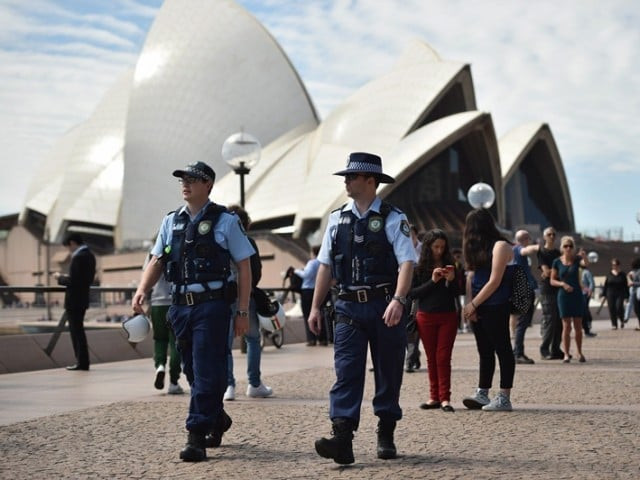
Abdul Numan Haider, 18, was killed on Tuesday evening on the outskirts of Melbourne, a day after the Islamic State group called for Muslims to indiscriminately kill Australians.
The teenager, described by the government as a "known terror suspect" who had his passport cancelled for security reasons, launched an unprovoked attack on the policemen outside their station after arriving for a "routine" interview.
One of them fired a single shot that killed him.
Police on Wednesday said they believed he was acting alone but Victoria state police Chief Ken Lay admitted they were now looking into reports that Haider was talking to other people in the lead-up to the attack.
"There is some information that he was certainly talking to other people around the time that he came to the police station," he told ABC radio.
"(They) may well have known him. I won't say working with him, but it's just a little unclear to us at the moment whether there were actually people at the police station with him."
He said police were examining whether someone may have been waiting for him.
"It may be a little way down the track before we can actually lay it out to the community exactly what happened that night," Lay added.
Reports on Wednesday said Haider, who was under surveillance, had an IS flag with him and planned to behead the officers and post the images online, although police would not confirm this.
Australian media painted a picture of a trainee electrician who was well-liked but who changed when he befriended a small group of hardline Muslims who support radical causes at an Islamic centre near his home.
The Australian newspaper claimed he became entranced by IS's murderous advance in Iraq and Syria and their call for foreign fighters to join them, and was enraged when police carried out counter-terrorism raids in Sydney and Brisbane last week.
It cited police as saying he was acting in direct response to IS militants releasing a statement Monday urging the killing of citizens of countries taking part in the US-led coalition against the group, including Australia.
The government believes up to 60 Australians are fighting alongside IS militants, while 20 have returned and at least another 100 are actively working to support the movement at home. Around 60 people have reportedly had their passports cancelled in recent weeks.
US President Barack Obama on Wednesday led the UN Security Council in approving a resolution demanding that countries take action to stem the flow of foreign militants to Iraq and Syria.
Australia this week introduced tougher counter-terrorism laws into parliament to combat the threat, with a proposal to criminalise travel to known terror hotspots without a legitimate reason.

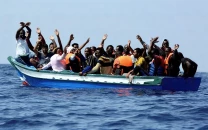

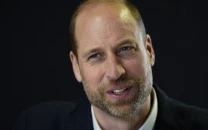
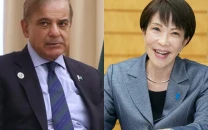
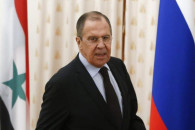
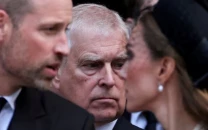











COMMENTS
Comments are moderated and generally will be posted if they are on-topic and not abusive.
For more information, please see our Comments FAQ